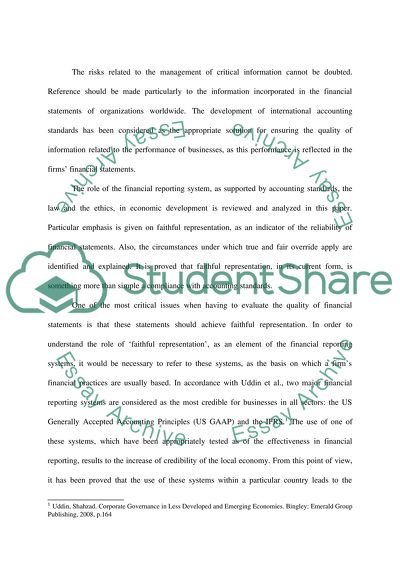Cite this document
(“Financial Reporting Systems and Economic Development Essay”, n.d.)
Retrieved from https://studentshare.org/english/1436312-financial-reporting-systems-and-economic
Retrieved from https://studentshare.org/english/1436312-financial-reporting-systems-and-economic
(Financial Reporting Systems and Economic Development Essay)
https://studentshare.org/english/1436312-financial-reporting-systems-and-economic.
https://studentshare.org/english/1436312-financial-reporting-systems-and-economic.
“Financial Reporting Systems and Economic Development Essay”, n.d. https://studentshare.org/english/1436312-financial-reporting-systems-and-economic.


